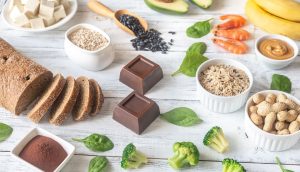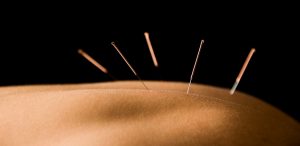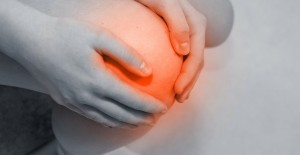
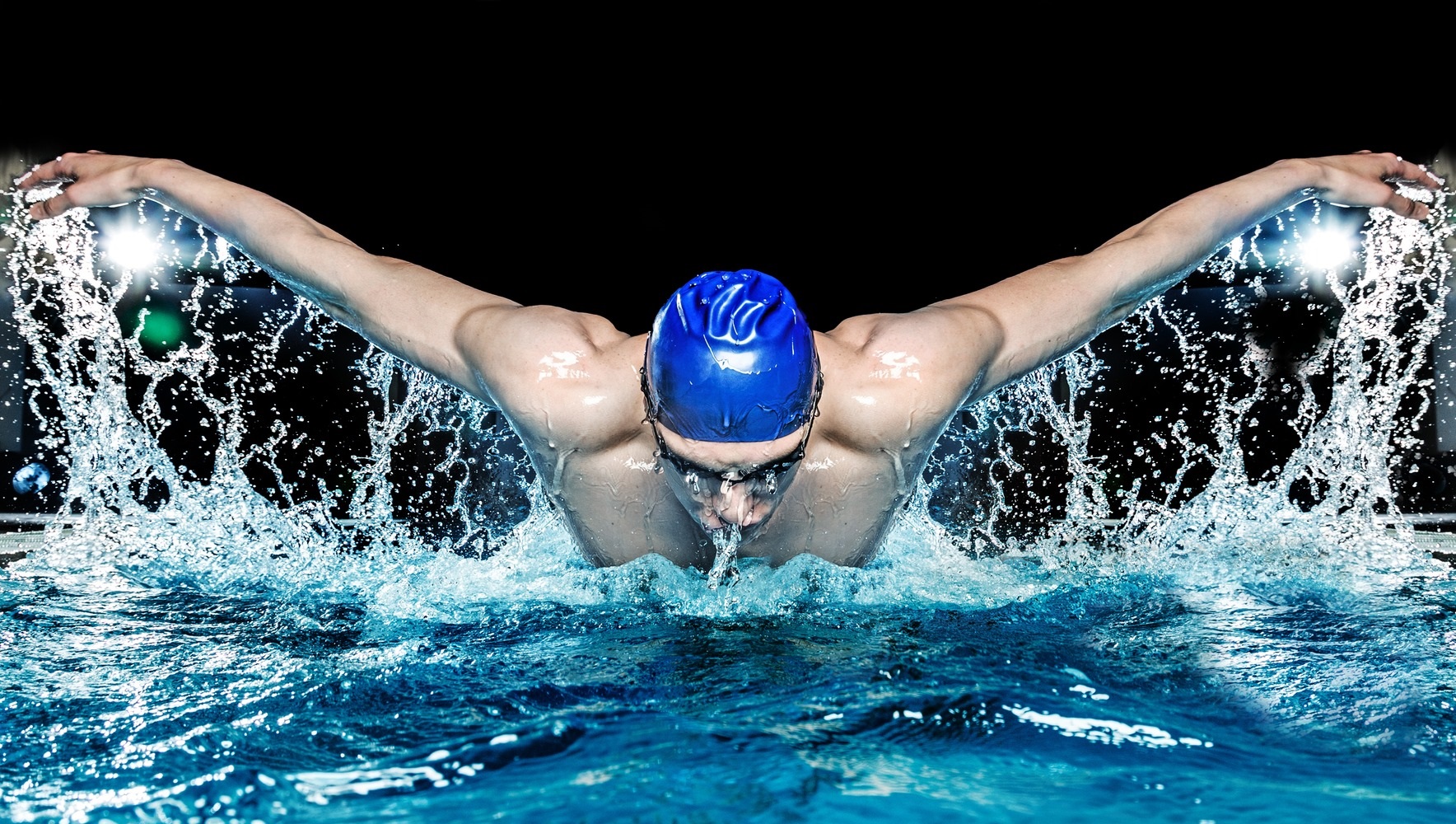
Do Athletes Get Enough Vitamins & Minerals?
For competitive athletes, maximized nutrition, training and rest are essential for performance and health; but perfect nutrient status is rare in athletes. In fact athletes are commonly low in many vitamins and minerals including B vitamins, vitamin C, vitamin D, vitamin E, β-carotene, calcium, magnesium, iron, zinc and selenium1,2,3,4. Performance suffers as a result2. Athletes are often deficient due to poor nutrient intake through diet and because athletes utilize nutrients faster than a sedentary person5.
Athletes Have Greater Nutrient Requirements
Working hard, sweating and pushing your muscles and nervous system hard are all taxing on the body. It is clear that intense physical activity actively depletes nutrients from the body, including zinc, magnesium, potassium, iron6, vitamin B1, vitamin B2 and vitamin B67.
While diet is pivotal for ensuring proper nutrient intake, intravenous nutrient infusions are a helpful way to rapidly resolve nutrient deficiencies. Intravenous nutrient infusions also typically increase energy levels and can help athletes maintain a competitive edge.
Athletic Performance Infusion
Our athletic performance infusion is a combination of L-carnitine, vitamin B1, vitamin B2, vitamin B3, vitamin B5, vitamin B6, vitamin B12, vitamin C, calcium, magnesium and zinc. It is administered before and after competitions as a boost for competitive athletes and can also be used while training. Beyond simply correcting nutrient deficiencies, this infusion can be used to enhance muscle function, increase energy and shorten recovery time.
Components Of The Infusion
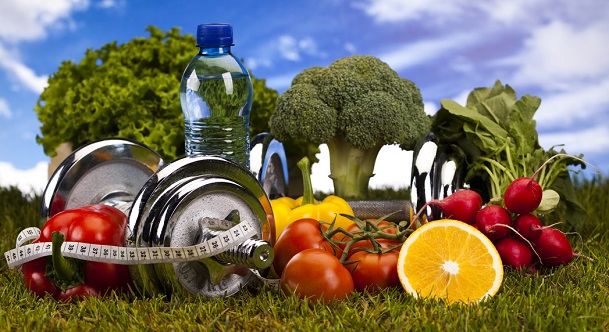
L-Carnitine
L-carnitine is a “conditionally essential” amino acid (i.e.: we assemble it from other amino acids in our diet). L-carnitine transports fats into the cell mitochondria to be burned as energy and as such, plays a critical role in energy metabolism. L-carnitine is instrumental for the burning of fat during physical activity. Concentrated in skeletal and heart muscle cells which use dietary fats as fuel. L-carnitine can be obtained through beef, fish, pork and chicken.
Vitamin B1
Thiamine is an important factor in the metabolism and capture of energy from carbohydrates, as are all of the B vitamins. Thiamine is instrumental for the synthesis of DNA and nerve impulse conduction. Alcohol contributes to the depletion of thiamine. Foods rich in thiamine include wheat germ, edamame, soy bean sprouts, corn flour, oatmeal, whole grains, pork, tuna, beans, nuts and seeds. Thiamine is depleted by physical activity.
Vitamin B2
Vitamin B2, also known as riboflavin, helps to prevent headaches and migraines. Riboflavin can be found in dairy products, eggs, green leafy vegetables, lean meats, legumes and nuts. Riboflavin is depleted by physical activity.
Vitamin B3
Vitamin B3, also known as Niacin, is necessary for the production of sex hormones, including testosterone and estrogen. Niacin is also important for maintenance of joint cartilage and promotes healthy blood cholesterol levels. Food sources of niacin include tuna, chicken, turkey, beef, peanuts, shrimp and brown rice.
Vitamin B5
Vitamin B5, also known as pantothenic acid, is necessary for sex hormone production (testosterone and estrogen), adrenal hormone production and is important for tissue repair. Food sources of pantothenic acid include avocado, broccoli, mushrooms, legumes, cabbage and kale.
Vitamin B6
Vitamin B6, also known as pyridoxine, is an important factor in clear mental functioning, hormone regulation and in preventing age-related eye diseases. Sources of pyridoxine include beef, chicken, turkey, fish, organ meats, enriched cereals, nuts, lentils and soy. Pyridoxine is depleted by physical activity.
Vitamin B12
Vitamin B12, also known as cobalamin, works with folate and iron to build and maintain the integrity of red blood cells, which function to carry oxygen from the lungs to the tissues of the body. For this reason Vitamin B12 is essential for oxygen exchange and cellular respiration. Vitamin B12 is also an important factor in tissue repair, mood and mental focus. Vegetarians and vegans are at higher risk of developing vitamin B12 deficiency because vitamin B12 is only found in animal products.
Vitamin C
Vitamin C is important for maintenance of joint cartilage integrity and for healthy immune system function. Vitamin C is helpful in preventing and treating colds and flus, especially in athletes training intensely. Food sources of vitamin C include most fruits and vegetables papaya, bell peppers, broccoli, Brussels sprouts, strawberries, pineapple, apples and citrus.
Magnesium
Magnesium is an important mineral for muscle function, cramp prevention and lactate excretion. Having optimum amounts of magnesium also helps to prevent asthma, depression, cardiovascular disease and diabetes. Magnesium can be obtained through leafy greens such as spinach, nuts/seeds, fish, beans/lentils, whole grains, figs and avocados. Magnesium is depleted by physical activity.
Calcium
Calcium is well known for its importance in formation and maintenance of healthy and bones and teeth but it is also an important nutrient for other vital bodily functions. Calcium is essential for the healthy contraction of muscle tissue and nerve cell message transmission. Calcium can be obtained through leafy greens such as spinach and kale, fortified orange juice, dairy products, fortified almond/soy milk, tofu and legumes.
Zinc
Zinc is found throughout every cell in our bodies and many functions. Zinc helps aid in tissue repair and healing as well as fine-tuning the immune system. Zinc is also important for taste, smell, vision, growth and reproduction. Zinc deficiency can cause loss of appetite, poor wound healing, fatigue, frequent infection or hair loss. Sources of zinc include wheat germ, wheat bran, dairy products, pumpkin or squash seeds, baked beans, lamb, beef liver and oysters. Zinc is depleted by physical activity.
Safe For All Athletes

Our athletic performance infusion treatment falls within the guidelines set by the World Anti-Doping Agency and is safe for amateur and professional athletes alike.
Nutrient Infusions in Halifax
If you are interested in receiving nutrient infusion treatments and are located in the Halifax area, please contact MacLeod Naturopathic to book an initial naturopathic visit to discuss your options.
References
- Driskell J. Summary: Vitamins and trace elements in sports nutrition. In: Driskell J, Wolinsky I, editors. Sports Nutrition. Vitamins and Trace Elements. New York (NY): CRC/Taylor & Francis; 2006. p. 323-31.
- Lukaski H. Vitamin and mineral status: effects on physical performance. Nutrition. 2004 Jul-Aug;20(7-8):632-44.
- Woolf K, Manore M. B-vitamins and exercise: does exercise alter requirements? Int J Sport Nutr Exerc Metab. 2006 Oct;16(5):453-84.
- Volpe S. Vitamins, minerals and exercise. In: Dunford M, editor. Sports Nutrition: A Practice Manual for Professionals. Chicago (IL): American Dietetic Association; 2006. p. 61-3.
- Montain S, Cheuvront S, Lukaski H. Sweat mineral-element responses during 7 h of exercise-heat stress. Int J Sport Nutr Exerc Metab. 2007 Dec;17(6):574-82.
- Woolf K, St Thomas M, Hahn N, Vaughan L, Carlson A, Hinton P. Iron status in highly active and sedentary young women. Int J Sport Nutr Exerc Metab. 2009 Oct;19(5):519-35.
- Manore M. Effect of physical activity on thiamine, riboflavin, and vitamin B-6 requirements. Am J Clin Nutr. 2000 Aug;72(2 Suppl):598S-606S.
